Premium Only Content
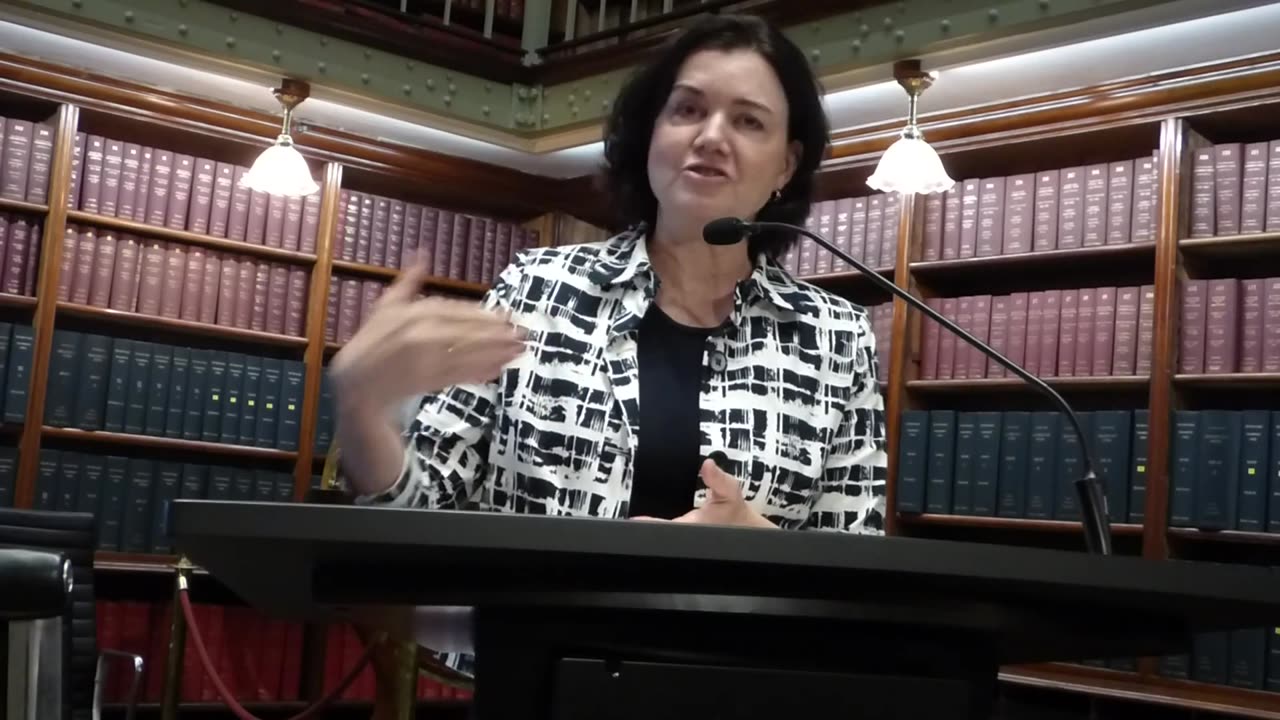
Louise Clegg: An Indigenous Voice?
SUMMARY:
------------------------------
I’m really excited to share this thoughtful and measured talk from Louise Clegg about Indigenous recognition and the proposed Voice to Parliament. Louise makes it clear she strongly supports constitutional recognition for Aboriginal and Torres Strait Islander peoples, but she doesn’t back the Prime Minister’s model in its current form. As a lawyer and public commentator she walks us through the legal and historical context — especially Section 51(xxvi) of the Constitution (the ‘races clause’) and the 1967 referendum — and explains why that clause could be the right place for a more modest, less divisive Voice. She argues for a minimalist, practical approach: tweak the existing races power to explicitly refer to Aboriginal and Torres Strait Islander peoples and allow Parliament to receive representations, rather than creating an expansive new constitutional body. Louise’s perspective is grounded, middle-ground, and focused on how to achieve recognition that is effective without creating constitutional or political problems. If you want a calm, legal take on this debate that respects history and seeks consensus, this talk is well worth a listen.
RUMBLE DESCRIPTION:
-----------------------------------
Hi everyone — thanks for watching! In this clip Louise Clegg gives a clear-eyed, legal perspective on Indigenous recognition and the proposed Voice to Parliament. She begins by acknowledging her strong support for constitutional recognition of Aboriginal and Torres Strait Islander peoples, then explains why she can’t support the Prime Minister’s particular Voice model. Louise is a public lawyer and she brings that lens to the conversation: context and history matter.
She walks us through Section 51(xxvi) — the so-called races clause — and reminds viewers that the Constitution was amended in 1967 and that the clause has been used multiple times since. Her practical proposal is to place a form of the Voice within that existing races power by explicitly referencing Aboriginal and Torres Strait Islander peoples and enabling Parliament to receive representations. Her aim is a minimalist, less divisive recognition that still gives Indigenous Australians constitutional footing without creating an expansive new constitutional body.
This video is for anyone who wants a thoughtful middle-ground approach rooted in law and history. Please watch, share with friends who care about the referendum, and join the conversation respectfully in the comments — where do you sit on recognition and the Voice? If you like this kind of analysis, subscribe for more legal and political discussions from across the spectrum. Thanks for being part of a constructive debate.
⚠️ CONTENT DISCLAIMER ⚠️
The views, opinions, and statements expressed in this video are those of the individual speaker(s) and audience members. They do not necessarily reflect the views, opinions, or positions of Western Heritage Australia or its affiliates.
This content is presented for educational and informational purposes as well as to facilitate public discourse on important social and political issues. We provide a platform for diverse Australian voices to be heard, to assist the public in forming their own informed opinions.
Western Heritage Australia does not endorse, verify, or take responsibility for the accuracy of statements made by speakers. All claims, statistics, and opinions remain the responsibility of the original speaker. Viewers are encouraged to conduct their own research and consult multiple sources when forming opinions on these topics.
This video may contain strong political opinions, controversial viewpoints, strong language, or mature themes. Viewer discretion is advised.
-
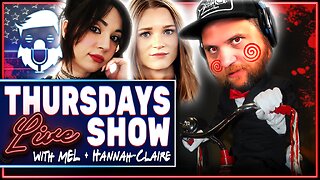 LIVE
LIVE
The Quartering
1 hour agoTrump Blamed For NBA Rigging Scandal, Major X Change Renders Site Useless, Church Nonsense
6,902 watching -
 1:04:21
1:04:21
DeVory Darkins
3 hours ago $19.19 earnedDemocrats PANIC by launching ICE doxxing portal as Newsom suffers MAJOR LEGAL BLOW
110K49 -
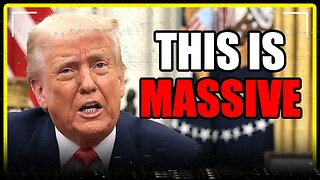 LIVE
LIVE
MattMorseTV
3 hours ago $26.21 earned🔴Trump makes URGENT ANNOUNCEMENT.🔴
3,659 watching -
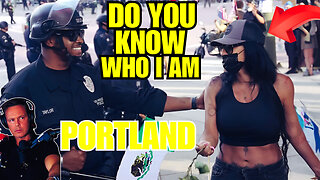 12:05
12:05
Clintonjaws
6 hours ago $3.44 earnedPortland ICE Rioters Getting Arrested - This Is Priceless!
14.4K5 -
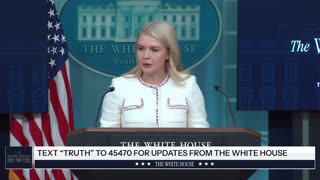 1:10:52
1:10:52
The White House
3 hours agoPress Secretary Karoline Leavitt Briefs Members of the Media, Oct. 23, 2025
18.7K7 -
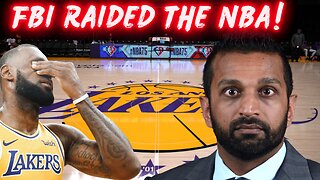 48:40
48:40
iCkEdMeL
2 hours ago $1.25 earnedMafia Ties EXPOSED: NBA Stars Busted in Massive Gambling Ring 💥
6.93K4 -
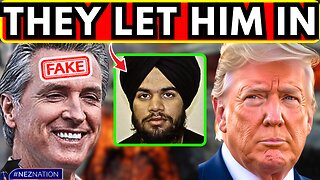 46:29
46:29
Professor Nez
2 hours ago🚨I HAVE RECEIPTS! They’re Sacrificing Americans for Votes 😡
5.81K1 -
 31:39
31:39
The Boomer Effect
3 hours agoGone is the Golden Age of Housing: What went wrong?
2 -
 1:00:16
1:00:16
Timcast
3 hours agoTHE MOB IS BACK, FBI Busts MASSIVE Sports Betting Racket
133K32 -
 2:25:56
2:25:56
Steven Crowder
6 hours agoCandace Just Claimed Trump Killed Charlie
388K522